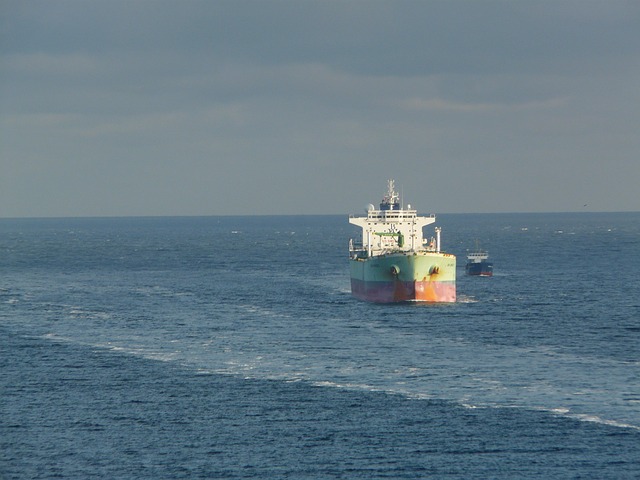A recently introduced bill could ban vessels shipping crude oil in the Great Lakes. Listen up:
“The Great Lakes, in addition to being this great source of fresh water, are also a global oil refining hub,” explains Joel Brammeier, president of the Alliance for the Great Lakes.
He says pressure to move more crude oil to refineries in the region has been increasing. And the most direct route is across the water, which makes shipping attractive to the industry.
But crude oil transported by water is much less appealing to the communities that get their drinking water from the lakes because of the potential for accidents and spills.
Potentially good news: Two Michigan Senators recently introduced a bill that would ban vessels shipping crude oil in the Great Lakes, and increase the oversight of new and existing pipelines.
Get schooled:
- Find out more about gaps in oil-spill prevention and other related info from the Alliance for the Great Lakes
- Stay up to date on these and other issues with the Alliance’s action alerts
- Learn what the Great Lakes Commission calls the risks and impacts of crude oil transport
The fine print:
- This segment was produced in partnership with Cornell’s Atkinson Center for a Sustainable Future





